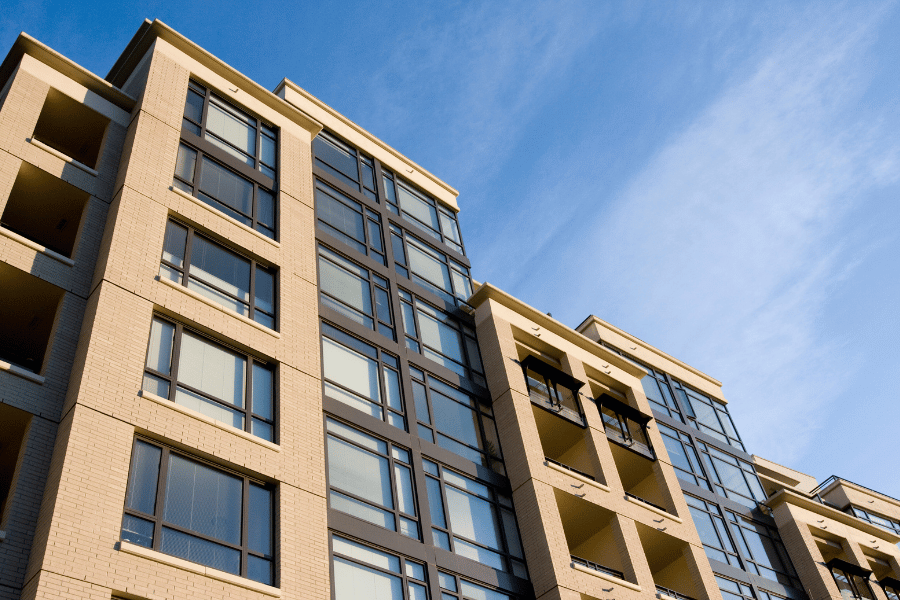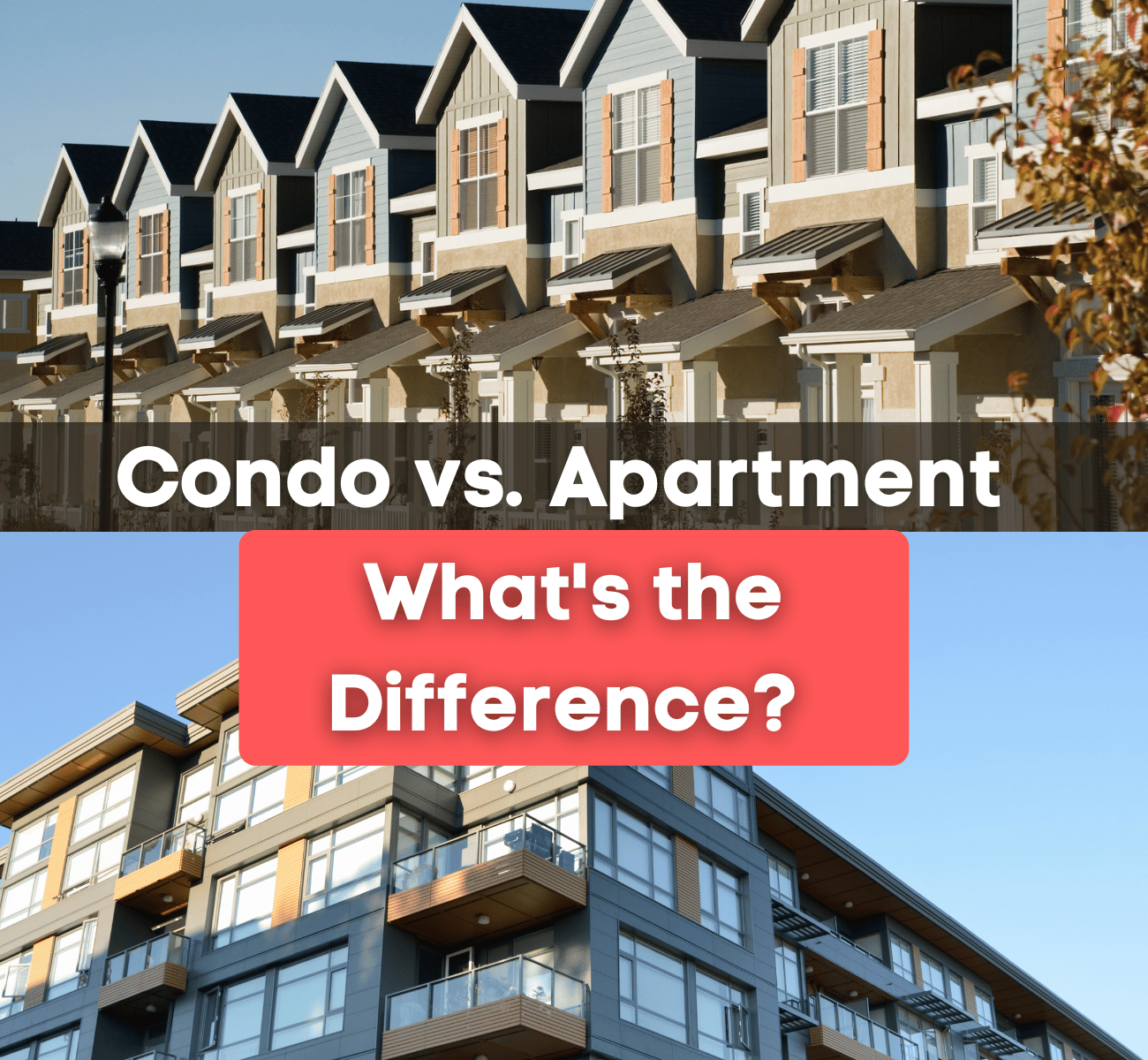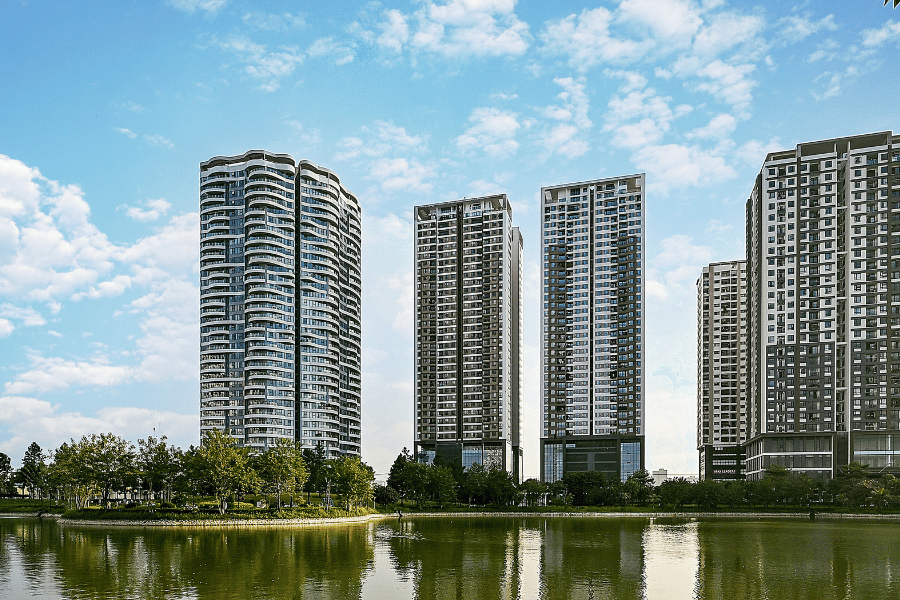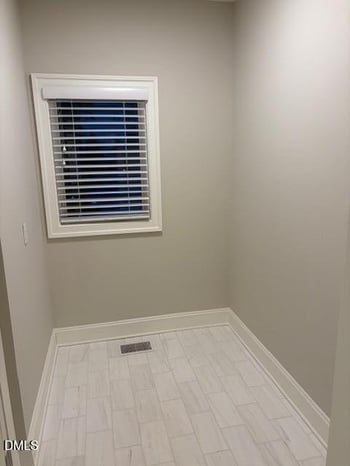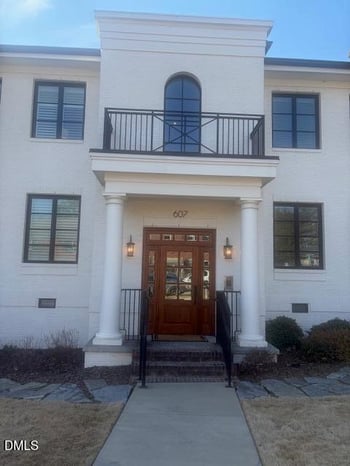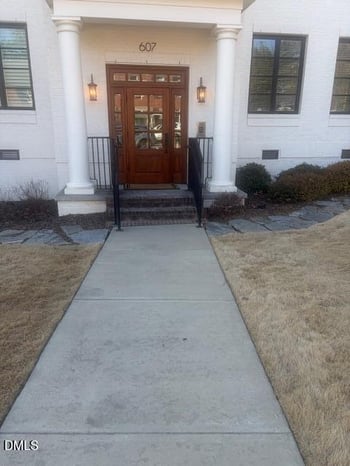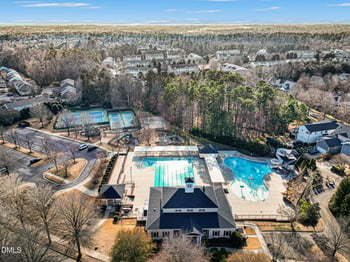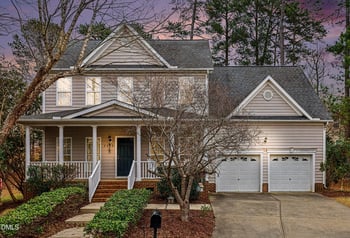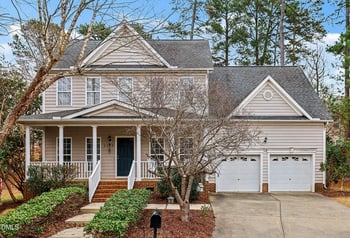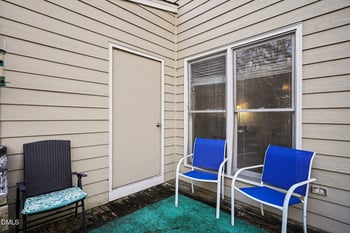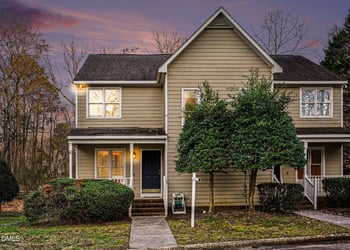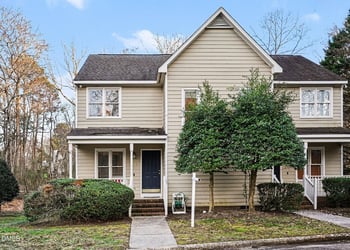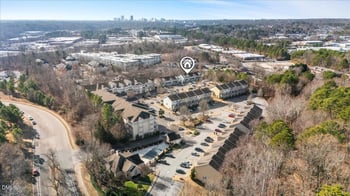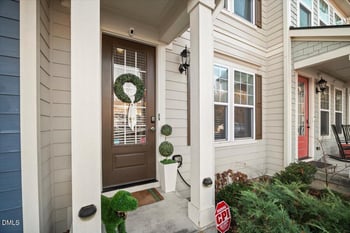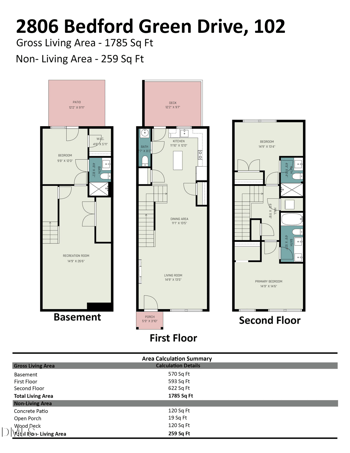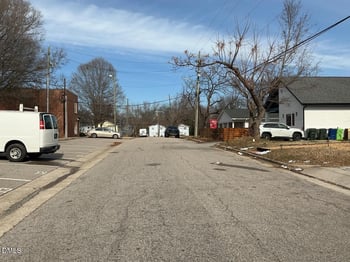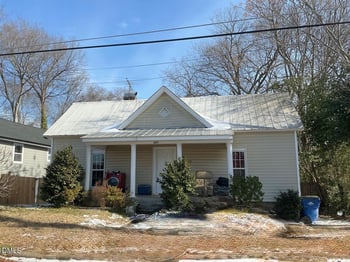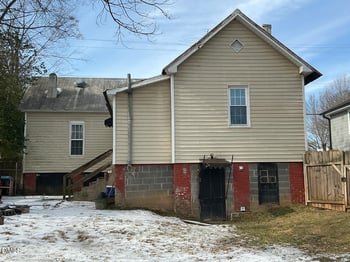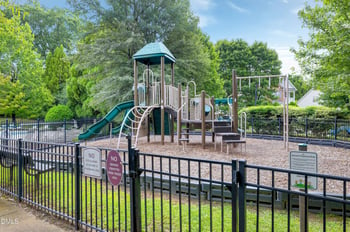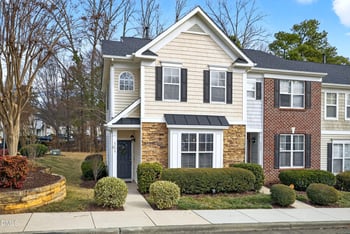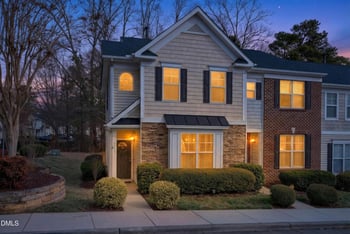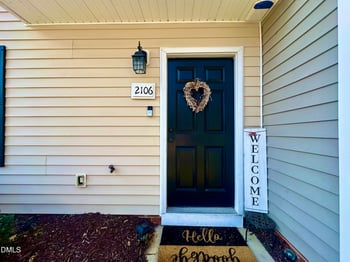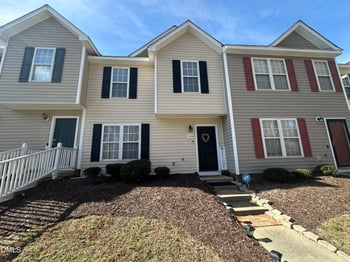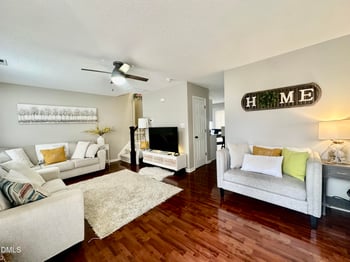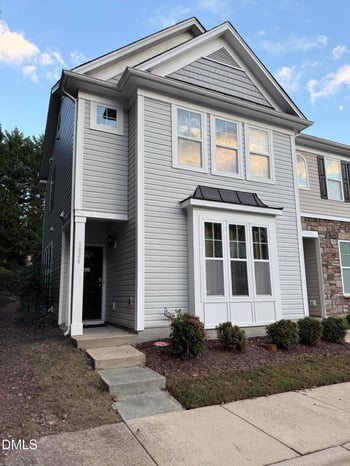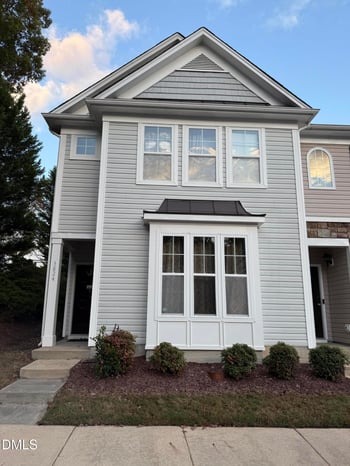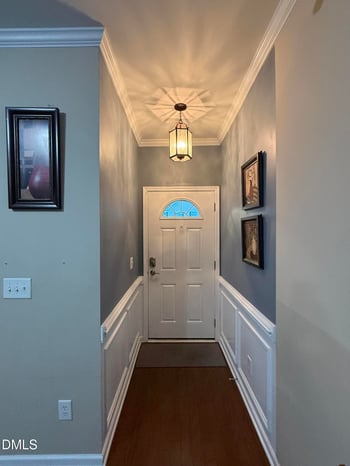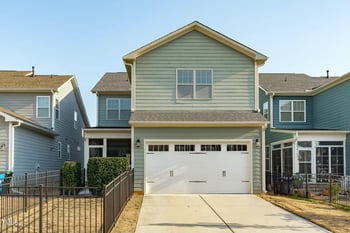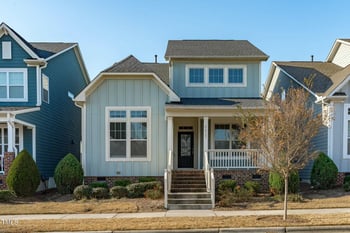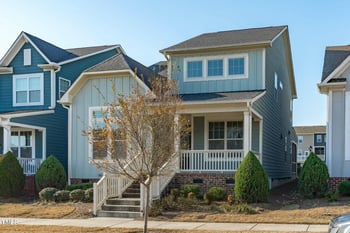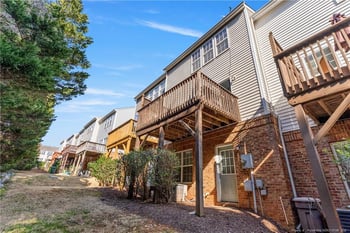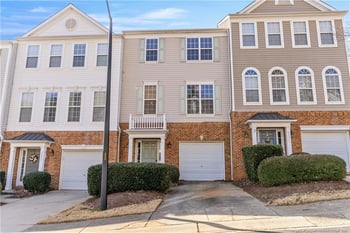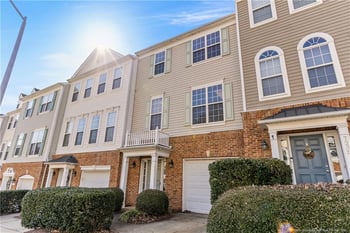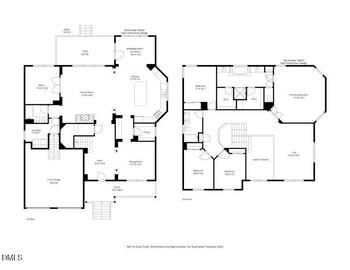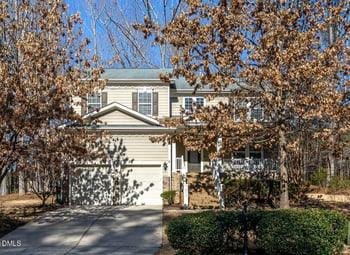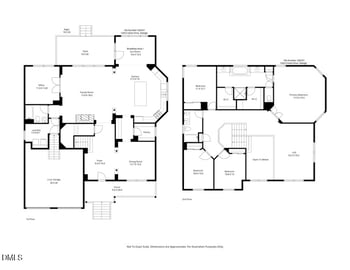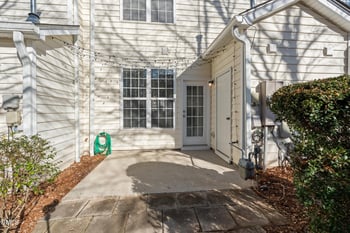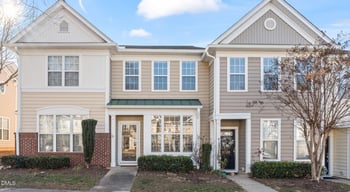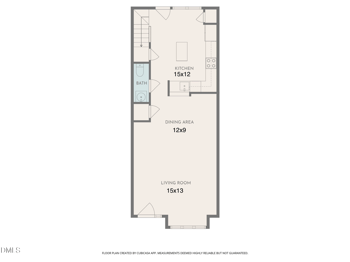Buying a Condo in Raleigh
What are the pros and cons of buying a condo in Raleigh, NC? Here is what you need to know about buying a condo in Raleigh!
A condo is an individually owned unit in a larger complex of units. Found in cities and suburban areas, condos are a great option for first-time homeowners, young professionals, and retirees looking for affordability and low maintenance.
Unlike apartments, which can only be rented, condos can be bought and are considered the perfect first home for those entering the real estate market no matter your marital status. There are many reasons why someone would want to own a condo, but they often share a common space with neighbors, and owners are required to pay condo association fees.
The housing market in Raleigh, North Carolina, is booming with strong demand due to its fast-growing population. As the second hottest real estate market in the United States, many people are choosing to buy condos as an investment in the current competitive market.
Some of the best condos in Raleigh are Downtown, near sought-after amenities, and in safe communities. If you are considering buying a condo in Raleigh, be aware of these pros and cons.
Check out the pros and cons of owning a Raleigh condo
1. Pro: Affordability
Whether you are a first-time homebuyer or a real estate investor, condos generally come with a lower price tag and are cheaper to purchase than a single-family home. Typically smaller and not including land, buying a condo is considered a more affordable option.
Great for smaller families or buyers looking to downsize, condos vary in price depending on location and size, but the median list price is $554,965 as of October 2024.
Condo owners can also expect to pay less on property taxes than single-family homeowners because condos usually have less square footage. The extra money saved can be used to pay other bills or for a down payment on a larger single-family home.
As the perfect starter home, condos do not require the same maintenance and upkeep as single-family homes with a large yard and can lead to extra amenities. Overall, condos are a more affordable option for buyers and are a great way to build home equity.
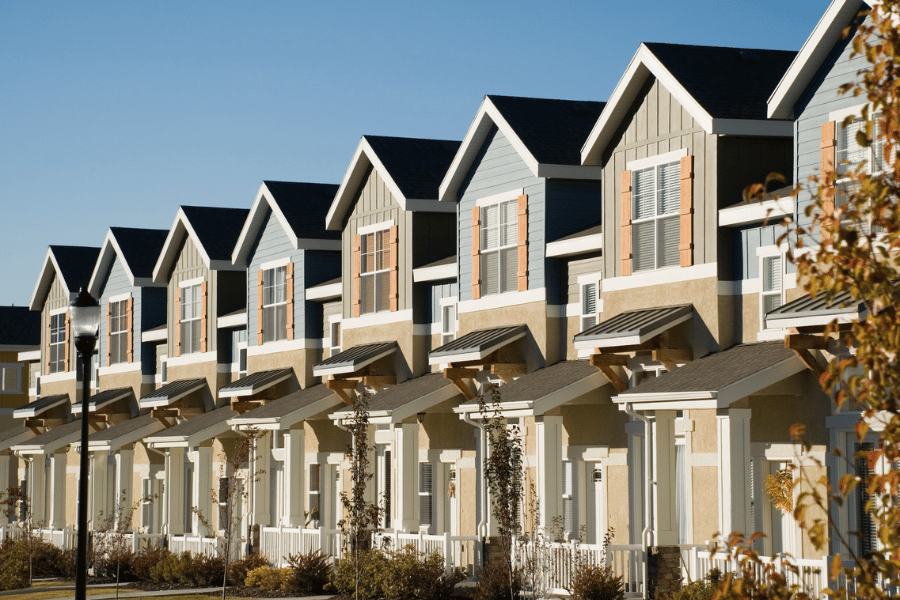
2. Pro: Access to Amenities
One of the best advantages of buying a condo is that owners can access shared amenities that might otherwise be costly in a single-family home. Some popular amenities that condos might provide exclusively to homeowners include fitness facilities, dog parks, clubhouses, covered parking, swimming pools, tennis courts, gardens, business centers, and entertainment spaces.
Condo owners are considered co-owners of any shared spaces and pay monthly HOA fees for the use and upkeep of these amenities. All condo owners are expected to follow rules set by the HOA when using these public amenities.
The amenities offered can vary and will depend on the condo purchased. If amenities are important to you, consider purchasing a condo that is known to have high-end amenities to fit your needs.
3. Pro: Low Maintenance
Buying a condo is an affordable option for entering the housing market. They are also convenient and often require little maintenance and upkeep. While owning a condo means that you are responsible for its maintenance, the homeowners association is responsible for exterior maintenance, meaning that homeowners only need to worry about upkeeping the living space.
As long as condo owners pay HOA fees, they do not need to worry about standard outdoor maintenance such as landscaping, roof repairs, exterior painting, trash collection, paving, or shoveling snow in the winter.
Shared community spaces are also handled by a cleaning or maintenance staff hired by the HOA, and professionals complete most of the maintenance work and repairs. Most often, condo owners only need to worry about plumbing, electrical, drywall, appliances, fixture issues inside the home, patios, balconies, and decks.
Condos are popular for busy homeowners and retirees because they require little maintenance. The less work needed on maintenance, the more time can be spent elsewhere.
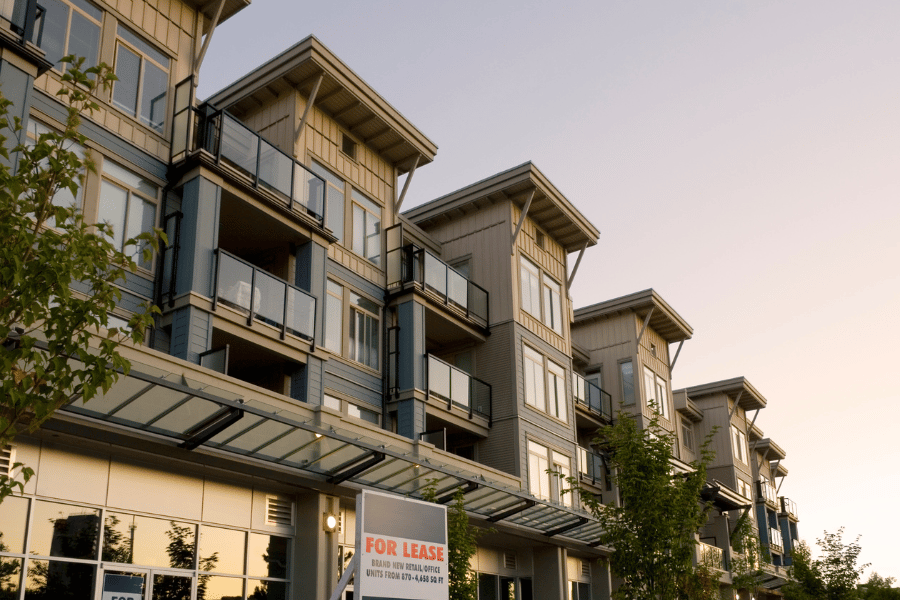
4. Pro: Strong Sense of Community
One of the many benefits of living in a condo is that it offers a strong sense of community that can not be found living in a detached single-family home. Being a part of a condo means having access to common areas and shared spaces, such as fitness centers and lounges, that can lead to social interactions with neighbors.
Most condo owners will be part of an HOA, which can create a network of communication and support among other condo owners, leading to a greater sense of belonging. Most HOA organizations and condo communities are known to organize and host social events throughout the year, from pool parties to festive gatherings.
If you are new to the area and are looking for a great way to meet people, condos are the perfect place to make new friends. Residents can form deep connections with each other, and the supportive and friendly environment that condos provide leads to more chances to build and foster relationships with neighbors.
5. Pro: Prime Location
While this might only sometimes be the case, many condominium communities are found in prime locations and great school districts. Strategically placed in city centers or near sought-after amenities and shopping centers, most condos are in desirable locations to attract buyers.
Most of the time, condos that are located in highly walkable neighborhoods, near public transportation, or situated close to restaurants, shopping districts, workplace hubs, parks, or entertainment centers are in higher demand and will sell more quickly than condos that are not.
Considered a cost-effective way to live downtown or in a popular area, condos in a prime location are highly sought after and provide luxury living with much-needed convenience.
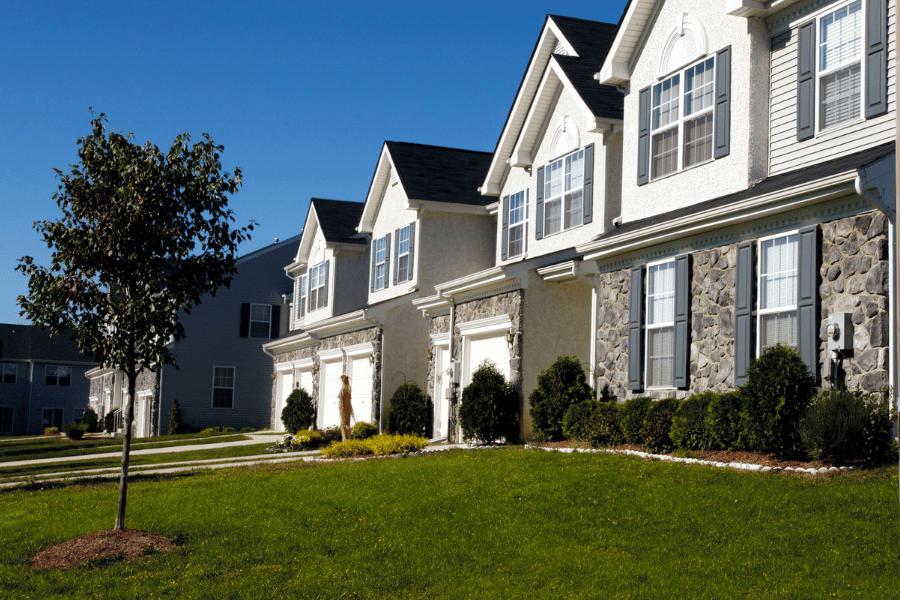
6. Con: Limited Space
While living in a condo provides many benefits, one of the downsides of buying a condo is that it features limited space and is often smaller than a detached single-family home. While an open floor plan can create the illusion of space, the standard size of a condo is generally 1,200 square feet but can vary depending on the number of bedrooms.
Smaller condos can range between 700 and 1,000 square feet and typically include one to two bedrooms. Condo sizes can also vary depending on the development and location. While a condo might be great for one to two people, larger families and individuals with many belongings might feel cramped in a small space.
7. Con: Less Privacy
Unlike living in an apartment, condos offer less privacy than a single-family home or townhome. While townhomes are often multi-level and share only one wall with a neighbor, condos are generally only one level and share multiple walls with neighboring units.
Sharing common walls, floors, and ceilings with neighboring units that are close together can limit a homeowner's privacy, and noise problems can arise. If you are interested in buying a condo, you must prepare for potentially noisy neighbors and nuisances that may occur while living close to other people.
In addition, condos tend not to offer private outdoor space, and all amenities are shared. To make the best out of living in a condo with limited privacy, befriend your neighbor's, soundproof walls, and walk to a nearby park or playground to enjoy time outdoors.

8. Con: HOA Fees and Restrictions
Many condos are part of a homeowners association or condo association made up of member residents, which manages the rules and maintenance of the community. Residents are elected to serve on the board and are responsible for enforcing the community's laws, overseeing finances, handling community facilities, hosting events, and maintaining the grounds.
HOAs usually represent houses, and condo associations govern condos, but condo owners can be part of an HOA. While not every condo has fees, many condos with shared facilities and spaces require residents to pay monthly fees to maintain the complex and common areas.
Depending on the community, these HOA fees can be pricey and can vary drastically from community to community. North Carolina ranks ninth in the country for the highest percentage of homes belonging to an HOA. The average monthly HOA fee is typically between $200 and $300.
HOAs are also known to have strict restrictions in condo communities, which can hinder condo owners from modifying or altering the appearance of their property. The HOA might have written rules and regulations regarding paint colors, fence height and placement, the addition of a deck or patio, and solar panel installation. Owners who are non-compliant with these rules can be fined.
9. Con: Resale Challenges
Condos offer a unique set of reselling challenges. Usually harder to sell than a single-family home, condos have a smaller buyer pool due to their limited space, lack of privacy and yards, and strict condo associations.
Condos are also riskier since their value depends on other condos in the community maintaining their value. Many buyers might not be interested in taking the risk of purchasing a condo, and high and ongoing HOA fees might also deter buyers.
10. Con: No Land Ownership
Buying a condo means buying the individual condo unit, not the land on which it sits. This can be a major deterrent for buyers since condo owners are not land owners.
While you have the right to use the land on which the property sits, you are ultimately sharing the land and common areas with other property owners in the condo community.
Condo owners, along with other homeowners in the complex, are interested in the land beneath the building but do not legally own the land individually. Similar to owning shares in a company, condo owners are automatically members of the condo association, which takes care of the land the building sits on.
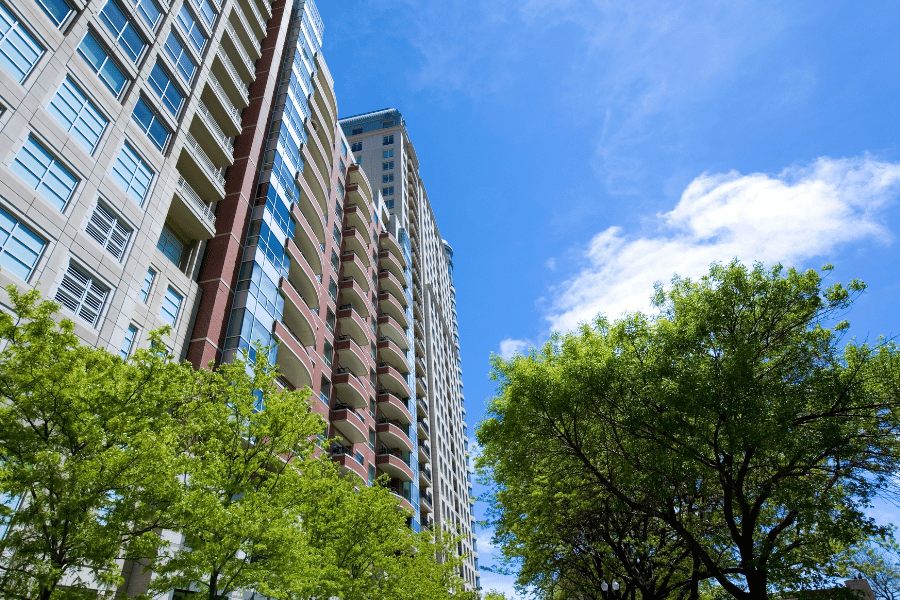
FAQs
Do condos lose value over time?
Unlike single-family homes, condos tend to appreciate at a slower rate, but they are still likely to increase in value over time, making them a good investment for buyers.
Is it worth living in a condo?
Condos are often more affordable than buying a single-family home. They offer many positives to homeowners, including access to amenities and a strong sense of community, making them worth living in.
Is a condo a good first-time investment?
An excellent first-time investment for most people, a condo tends to be less expensive than a single-family home and is easier to maintain due to its smaller size.
Methodology
Data and information were sourced from Rocket Mortgage, Investopedia, Queen City News, CBS 17 News, and NOLO to determine the ten top pros and cons of buying a condo in Raleigh, North Carolina.
Pros and Cons of Buying a Condo in Raleigh, NC - Final Thoughts
Whether you want access to amenities or the strong sense of community associated with owning a condo, Raleigh is a great place to buy and start your investment. From small and laid-back condo communities to high-end luxury condos, there is a wide range of options in the Raleigh area.
While there are some cons associated with purchasing a condo, they offer many benefits that are great for first-time homebuyers. The experts at Raleigh Realty are here to help you find a beautiful condo in Raleigh.
